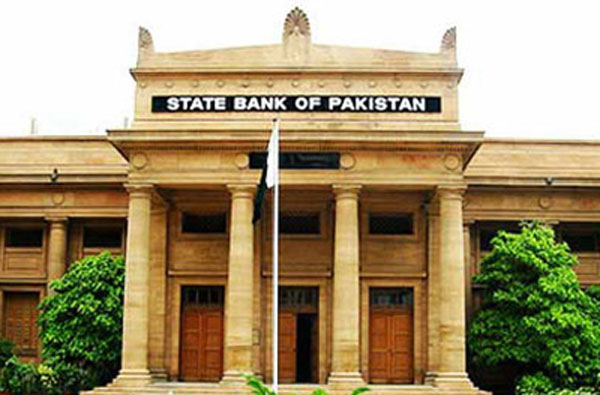KARACHI: The State Bank of Pakistan (SBP), through its subsidiary SBP Banking Services Corporation (SBP BSC), has re-launched the SMS service for the issuance of fresh currency notes to the general public.
According to a press release, fresh currency notes will be available from designated commercial bank branches called “e- branches” and the 16 field offices of the SBP BSC.
The issuance of fresh currency through the mobile SMS service will commence from June 1 and continue till June 14. The service will be provided through 1,535 e-branches in 132 cities across Pakistan to ensure maximum geographical coverage.
Charges for the service are Rs1.50 plus tax per SMS. The branch IDs of designated e-branches are available on the websites of the SBP, Pakistan Banks’ Association (PBA) and commercial banks.
Under this facility, a person may send an SMS comprising their 13-digit CNIC/smart card number along with the desired e-branch ID to short code 8877. In return, the person will receive an SMS containing the redemption code, e-branch address and the code validity period.
The redemption code received by the customer will be valid for two working days as per the mentioned dates in the SMS. The customer may then approach the concerned e-branch along with their original CNIC/smart card, a photocopy of the CNIC/smart card and the transaction code received from 8877 to obtain fresh currency notes.
An individual can obtain three packets of Rs10 and one packet each of Rs50 and Rs100 as per the availability of stocks. Each CNIC/smart card number or mobile phone number can only be used once. No transaction code will be issued to the sender in case they send the same CNIC/smart card number from different mobile numbers or send different CNIC/smart card numbers from the same mobile number.





Bad service in Pakistan.. Soooooooooo poor service ,